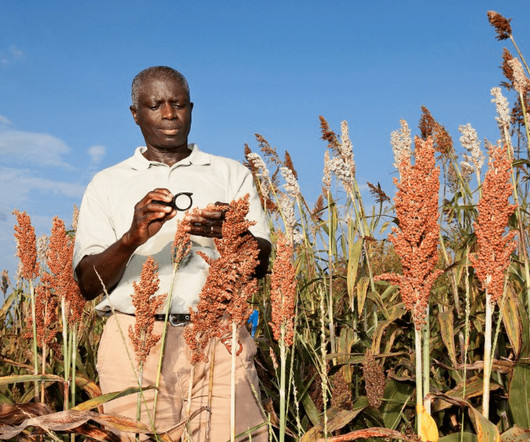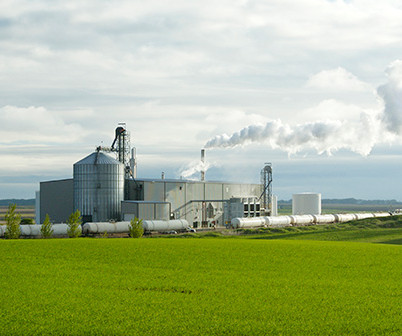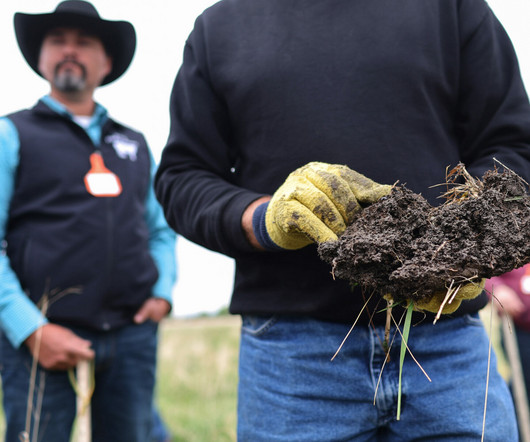An Ancient Grain Made New Again: How Sorghum Could Help U.S. Farms Adapt to Climate Change
Agritecture Blog
MARCH 3, 2023
In the States, Sorghum is currently used mainly for creating biofuels and feeding livestock, but incorporating it into the American diet could have a long-lasting positive impact on our environment. During a normal year, he typically harvests about 150 bushels per acre of corn. Last year, he averaged only 22 per acre.












Let's personalize your content